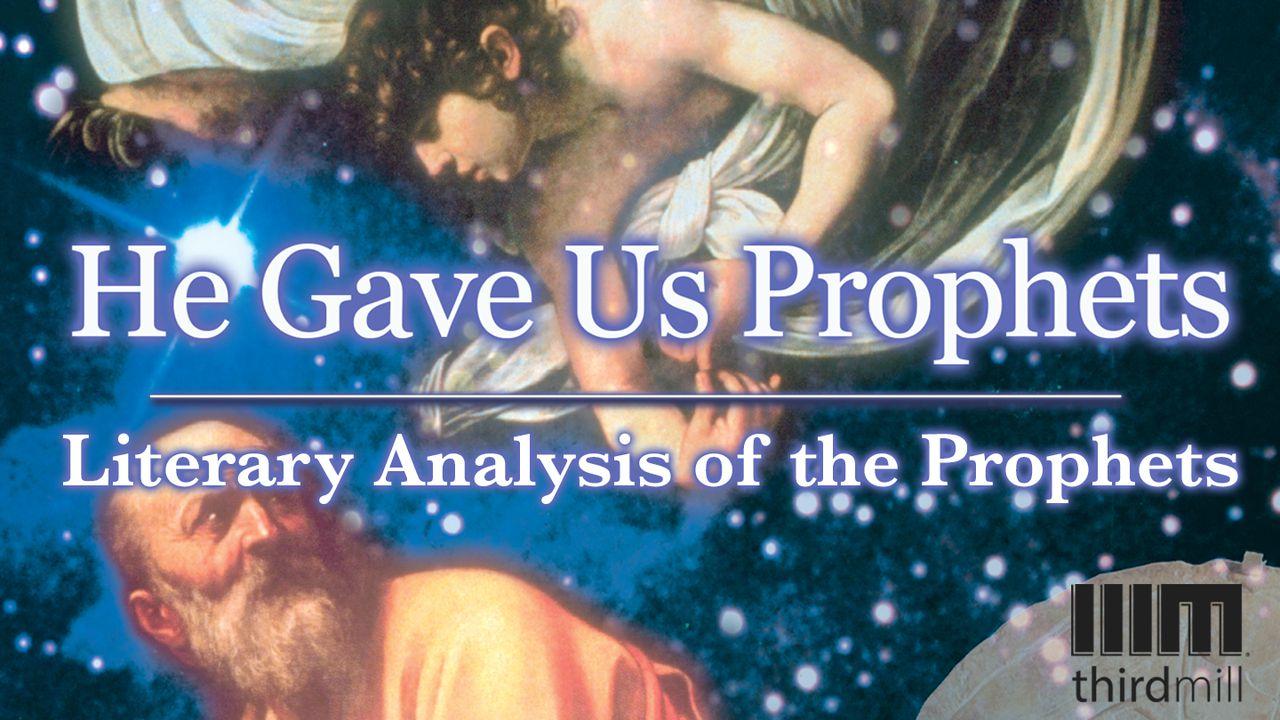He Gave Us Prophets: Literary Analysis Of The Prophets预览

Judgment Oracles: Amos 4:1-3
Judgment oracles are the simplest type of speech that appears in the books of Old Testament prophecy. A typical oracle of judgment has two major components: first, there is an accusation in which the prophet calls attention to the sins of God’s people; second, there is a sentencing, and in this sentencing the prophet announces what kind of covenant curse the people will experience because of their sins. Sometimes, these two components are reversed in order, or the prophet alternates between one and then the other. On some occasions, an oracle of judgment may be abbreviated so that it contains only an accusation or a sentencing. But more often than not, this basic two-fold pattern of accusation and sentencing is followed by the prophets.
For instance, the prophet Amos delivered an oracle of judgment against Samaria in Amos 4:1-3. He began with an accusation against the rich, gluttonous women of Samaria. In 4:1 we read these words:
Hear this word, you cows of Bashan on Mount Samaria, you women who oppress the poor and crush the needy and say to your husbands, “Bring us some drinks!”
We see here that Amos accuses the women of Samaria of harming the poor of northern Israel. Instead of meeting the needs of the poor, they simply called upon their husbands to satisfy their gluttonous appetites.
In a fashion common to judgment oracles, Amos 4:2-3 moves next to announce God’s sentencing against those who have broken this covenant responsibility. Consider what Amos 4:2-3 says:
The Sovereign Lord has sworn by his holiness: “The time will surely come when you will be taken away with hooks, the last of you with fishhooks. You will each go straight out through breaks in the wall, and you will be cast out towards Harmon,” declares the Lord.
In a word, Amos predicted that Samaria would be destroyed, and these rich women would be taken away into exile.
读经计划介绍

This reading plan examines three different kinds of literature within Old Testament prophecy: historical narratives, communication with God and communication with people.
More


